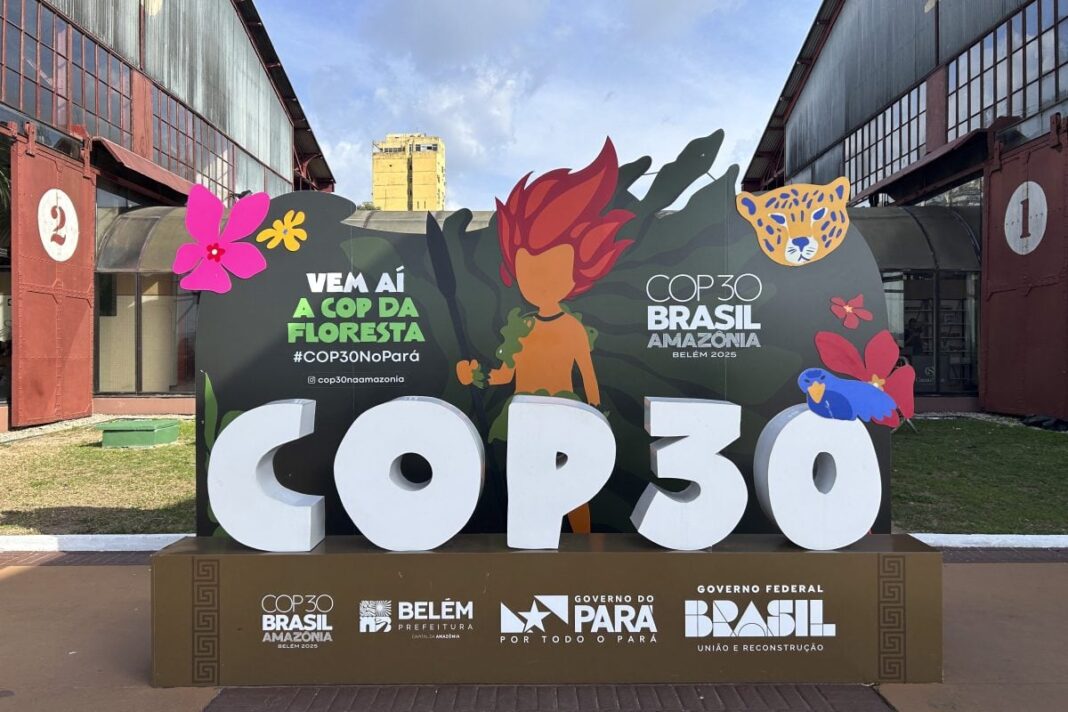COP30, scheduled from 10 to 21 November in Belém, Brazil, will focus on rainforest conservation and climate finance. Unlike previous summits held in high-profile cities like Dubai and Sharm El Sheikh, COP30’s location on the edge of the Amazon highlights the urgent need to protect rainforests.

The conference is particularly relevant to Africa, given the Congo Basin rainforest’s crucial role as a carbon sink—removing more carbon from the atmosphere than any other terrestrial ecosystem. Brazil is seeking support from African nations for its rainforest conservation proposals. COP30 president André Corrêa do Lago emphasized the shared interests of Brazil and Africa in tackling climate challenges.
Globally, tropical forests are disappearing at a rate equivalent to 18 soccer pitches per minute. DR Congo and Congo-Brazzaville recorded historic forest losses last year. Phillip Kihumuro of WWF Uganda warned that deforestation in the Amazon and Congo Basin could have catastrophic effects on climate, food security, biodiversity, and local livelihoods. He stressed the need for increased financing, far above the current level of $500 million per year.
Brazil has launched the Tropical Forests Forever Facility (TFFF), designed to reward countries for conserving tropical forests. The initiative could pay countries $4 per hectare of preserved forest if they maintain low deforestation rates. African nations like Angola, the Central African Republic, Ethiopia, Somalia, and South Africa could qualify, with Brazil targeting $125 billion in funding to generate $4 billion annually for forest conservation.

However, hosting COP30 in a smaller, remote city presents challenges. High travel and accommodation costs could limit African participation, despite Brazil’s call for broad representation. Many African NGOs plan reduced attendance due to these constraints.
Beyond forest protection, climate finance remains a key concern for Africa. Developing nations call for $1.3 trillion in funding, while COP29 in Baku reached only a partial agreement to provide $300 billion per year by 2035. Experts argue that climate finance should take the form of grants, as loans often burden African nations. African governments have aligned on key priorities ahead of COP30, advocating for accessible, predictable, and scaled-up support.
With limited support from the U.S. and cuts in European aid, African countries face challenges in securing the grant-based funding needed for climate action. Nevertheless, COP30 will also address Africa’s just transition agenda, including initiatives like Mission 300, aiming to provide electricity to 300 million Africans by 2030, and clean cooking solutions.

Looking ahead, Africa will host COP32 in 2027, with Ethiopia and Nigeria among the potential hosts, ensuring the continent remains central to global climate discussions.



